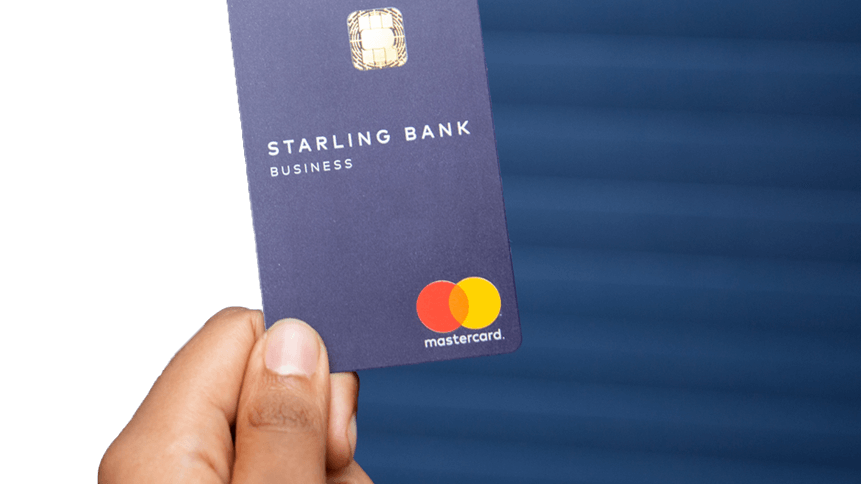Starling Bank to focus on SMEs and expansion with new funding

Mobile-only challenger bank Starling Bank has raised £75 million (US$97 million) in further funding, seeing it total £133 million (US$171 million) in funding to date.
Led by a Series C round from Merian Global Investors and Starling shareholder Harald McPike, the major cash injection will support the bank’s financial products in retail and SME banking, as well its Banking-as-a-Service (BaaS) products.
Part of those plans include rolling services out to Europe. It’s reported to be applying for a banking license in Ireland to ensure plans aren’t disrupted by Brexit, and has also rolled out an account which allows UK users to hold, send and receive euros for free.
Starling claims to have 460,000 personal current accounts and 30,000 SME accounts on its books. In terms of its business customers, SME banking app Tide— a close competitor in that respect— has double that figure but has been around a lot longer.
But Starling Bank is also seeing success with its BaaS model where it provides payment infrastructure to third-parties. Here, it says it has 20 institutional clients including the UK government.
“Building our platform and launching in the UK to provide genuine choice to retail, SME and Banking-as-a-Service customers was just the first step,” said Anne Boden, founder, and chief executive of Starling Bank.
And while a draw of Starling for businesses is its characteristically challenger-esqe user experience and spending insights, its third-party support is perhaps the main attraction for corporate users. Starling continues to build out its range of third-party products within its banking app thanks to support from its open API— it currently has 11 partners integrated, such as Xero, but that figure continues to grow.
In a prime example of Open Banking. new onboardings include Telleroo to provide Starling customers with payroll services; Vitesse to enable insurance claim payouts; while PelicanPay can process payments for a range of clients, including fintechs and third-party providers.
YOU MIGHT LIKE

How JPMorgan is keeping FinTechs and Amazon at bay
Julian Sawyer, Head of Banking at Starling, said, “[…] with Telleroo, Vitesse and PelicanPay, we demonstrate how our capability can also help corporates with real-time payments. All of these services are accessed through our open APIs.”
“Building our platform and launching in the UK to provide genuine choice to retail, SME and Banking-as-a-Service customers was just the first step,” said Boden.
“Our ambition is to use our technology to build a next-generation global, digital banking platform, starting with our launch across Europe this year.
“We look forward to the support of the Merian Chrysalis team as we deliver the Starling product to a global audience.”
According to PitchBook Data, startup banks have raised a record US$571 million in 2018, with new age challenger banks like Monzo, Revolut and N26 making significant inroads in Europe and steadily building a strong and loyal customer base.
Meanwhile, investment in British fintech alone rose by 18 percent in 2018 to US$ 3.3 billion, according to Innovate Finance— challenger banks accounted for more than a quarter of that— while fintech investment at global level sat at US$ 36.7 billion across 2,304 deals.









